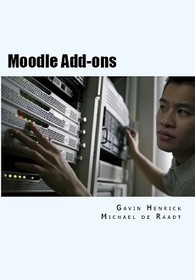collaborative editing! This feature is implemented in an app called "ownCloud Documents" and will be part of ownCloud 6. People can view and edit their ODF text documents directly in the browser, inside your ownCloud. Another cool thing is that you can invite users from the same ownCloud to work collaboratively on the same document with you. Or you can send invitation links by email to people outside your server to collaborate with you on the document.
It also has a Moodle repository that can connect Moodle users with their documents and enable them to link them into Moodle.
פורסם ב: own clouds, social networks and free desktops: Welcome "ownCloud Documents".
